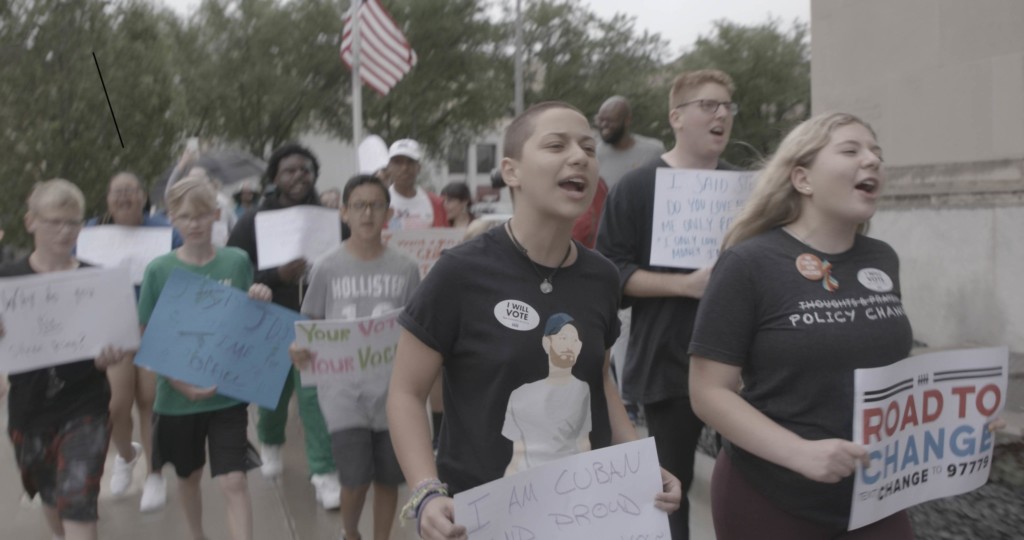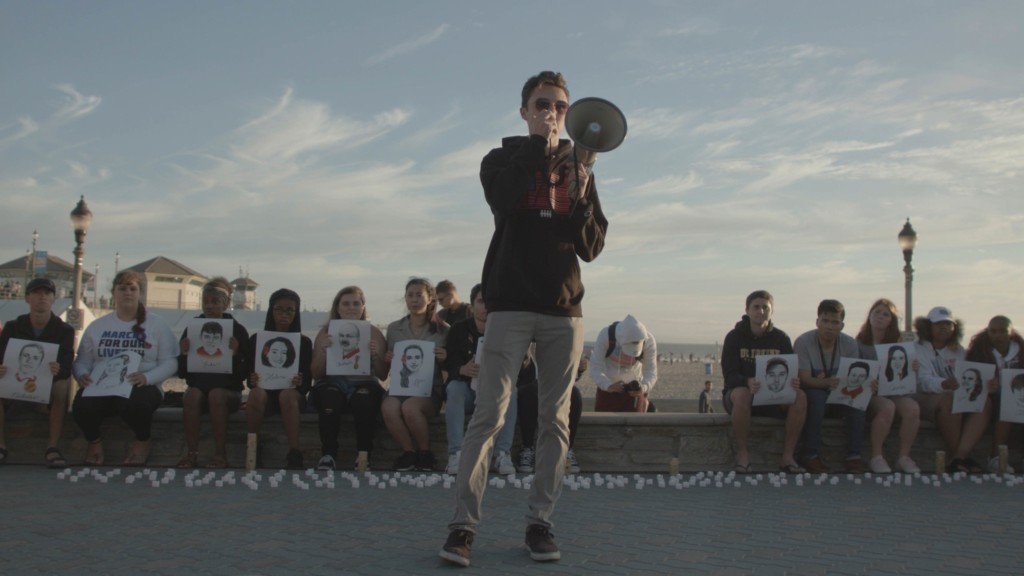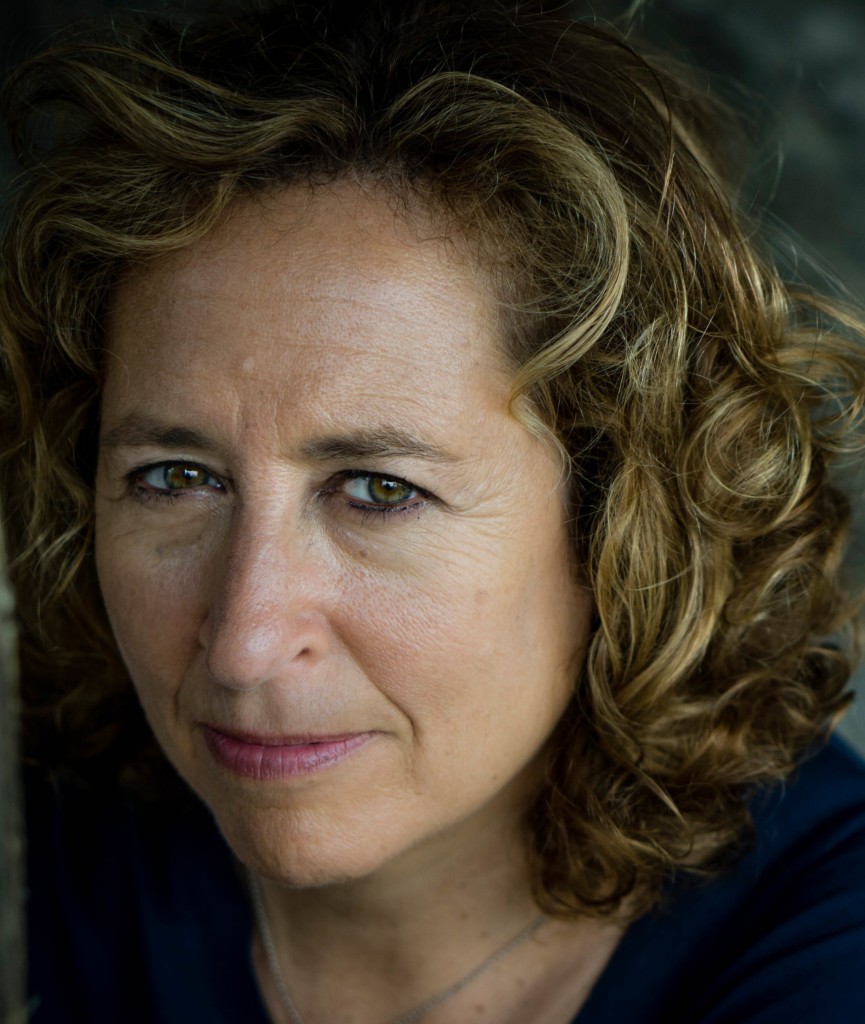After the 2018 midterm elections and on the first anniversary of the tragic shooting at Marjory Stoneman Douglas High School in Parkland, Florida, The Center for Information and Research on Civic Learning and Engagement (CIRCLE) at Tufts University’s research found that “among all youth, 43% percent of 18 to 24-year-olds said that the Parkland shooting influenced their vote choice for Congress and in local elections at least ‘somewhat,’ with 20% saying that gun violence prevention affected their decision ‘a lot’.”
Turning their rage and grief into immediate action, the Parkland survivors founded Never Again MSD (NAMSD) and organized the March for Our Lives movement, which spread like wildfires across the country. CIRCLE researchers concluded that the youth movement was “diverse, scalable, and effective,” adding that “ local grassroots youth leadership, with early and significant investments, can have a powerful impact,” which can “provide multiple entry points to civic engagement, broadly defined, for diverse young people living in different types of communities.”
Filmmaker Kim Snyder brilliantly translates the plainspoken, dry empirical findings into a profoundly emotional portrait of the Parkland activists in Us Kids, a Sundance world premiere documentary that, for example, brought a sustained, roaring standing ovation at its Salt Lake City screening last weekend at The Grand Theater.

Decades from now, historians certainly will look to Us Kids as an essential backgrounding point in their research not only about the gun violence issue but also about the rise of the largest and broadest youth activist movement since the civil rights and Vietnam War protests of the 1960s.
In an interview with The Utah Review, Snyder says making the film is a true collaboration with the young activists, synchronized to their own narratives. “The title, ‘Us Kids’ came from Emma’s mouth [referring to Emma Gonzalez, one of the activists featured], but I decided to use it as she said or otherwise Emma’s mother, an English teacher, would have corrected the grammar in the title.”
When the shooting happened on Valentine’s Day in 2018, Snyder was in Tallahassee with the city’s mayor, while working on another film project, and decided to visit Parkland, nearly 450 miles to the south. Four years ago, Snyder’s documentary, Newtown, which premiered at Sundance and later won a Peabody Award, confronted with utmost emotional sensitivity the personal and collective impacts of the Sandy Hook Elementary School shootings in December 2012 that left 20 children and six adults dead. Many believed that the killing of first graders would end the stalemate in the political debate about addressing the gun violence issue.
In Newtown, only a small portion of the film explained the political fight grieving parents took up, realizing just how formidable the task was to even petition members of the U.S. Congress to tighten background requirements for purchasing and operating a weapon.

In viewing Newtown and Us Kids as companion films, it is striking to see just how far the impact of civic engagement has advanced in the cause of addressing the issue, especially in the effective role demonstrated by students who have spent their entire lives in the 21st century amidst the incessant stream of news of another school or mass public shooting. When Snyder heard of the news in Parkland, she did not hesitate to go there. “There was one piece in Newtown I could not let go of, the images of those first graders at Sandy Hook whose stories could not be told or the trauma they experienced, especially those who ran out of the classroom after seeing their classmates and teacher die.”
In Us Kids, the focus is exclusively on the Parkland youth, while Snyder spends as little time as possible on the details of the shootings. The spotlight turns properly to the activists: Emma Gonzalez, David Hogg, Sam Fuentes, Jackie Corin, Bria Smith, Alex King, and Alex Dworet. The grief of Newtown has been transformed into hope in Us Kids. The acceptance of inaction or stalemate was no longer an option for the reluctant heroes in the film. “They said, ‘we are not going to take this and we are going to spend the rest of our lives if we have to,” Snyder says. “It was a movement formed on the trauma they had experienced.” Some of the youngest activists who join their older colleagues in Us Kids, including one just 10 years old, were first graders or even younger at the time of the Sandy Hook shootings in 2012.
While the students may have not known each other extensively before the tragedy, the activists came together, transcending any differences in background. And, as the movement spread across the country, the core group took on reluctant heroes from Chicago and Milwaukee, such as Bria Smith, one of the magnificent speakers who electrified March for Our Lives protests across the country. Gonzalez and Hogg became close friends, as shown in the film.
The students are empaths in ways that might elude the jaded, cynical perspectives older generations carry especially when a political issue is framed on such deep emotional terms. Sam Fuentes became friends with Alex Dworet, the younger brother of Nicholas, a swimmer who was destined for an athletic scholarship in college before his life was cut short in the shooting. The viewer sees Fuentes, who was seriously injured in the shooting, and Alex, who was grazed by a bullet, bonding in a way that needs no words to be described.

Gonzalez has channeled her grief through passion that jumps off the screen in a “I’m not going to take bullshit” approach that might offend the genteel, polite sensibilities of older viewers. Students see through the veneer of civility that does not serve purposes of true reform but instead has protected an inexcusable status quo that, so far, has only led to other tragic shootings.
Hogg is nonplussed by talking heads in the media, condescending politicians and other public figures who say young activists are too naïve, inexperienced or uninformed to have a substantial place at the policy table or public forum.
However, finger-wagging politicians and talking heads reveal more about their own worries regarding how much time they might have left as influential figures in these political realms. Young people have learned how to leverage social media for immediate and potent impact. Youth are inspired by Parkland activists, the platform of climate crisis speaker Greta Thunberg and the immense volume of voices of young pro-democracy activists in Hong Kong.
Parkland activists, as shown in the film, are unlike many seasoned politicians, who do not shy away from discussing their concerns with gun-carrying counter protestors. The students calmly explain that, first, they are not about limiting one’s proper Second Amendment rights but are concerned about ensuring reforms that cover safe and responsible use and ownership, and, second, they view the issue primarily as a public health concern. In a talkback following the Salt Lake City screening, it was evident the students had done their homework. The film highlights many instances of engagement and impact, as Tufts University researchers have discovered.
Us Kids’ timing at Sundance coincides with this year’s national elections. For example, a recent CIRCLE-Tisch College/Suffolk University poll of youth in Iowa (ages 18-29) indicate that more than 35 percent are ‘extremely likely’ to participate in the Feb. 3 caucus. As a comparison, in 2016, just four percent participated. No doubt, the reluctant heroes’ message of Us Kids continues to generate a major impact.
Us Kids is a project that received a Utah Film Center‘s fiscal sponsorship and the center’s co-founder Geralyn Dreyfous is one of the film’s executive producers.
